For years I have been railing against the ineptitude, inefficiency, wasted marketing spend, and (more recently), outright lies of programmatic advertisers.
In short: Google and Facebook lied. They promised a range of never-seen-before, easy-to-communicate nonsense about how to market to individual consumers.
But they have never actually delivered on this promise and 25 years later, their hyperbole has become fact. After over two decades of this, the marketing industry is convinced that programmatic advertising actually works.
Just like first-time voters in the 2024 election will have never known anything but load shitting, a generation of marketers has grown up thinking programmatic advertising works – when all evidence proves it doesn’t. Research shows that 70% of such adverts are just ignored, while fraud is so rife it accounts for $20- to $50-billion a year.
Worse, it has sucked all the oxygen out of the media. For instance, the cost-per-impression (CPI) for programmatic adverts is 8c – of which Stuff only receives 1c. That’s just 12,5% for the actual media publisher – which has built up the exact following advertisers are looking for. Google gets 87% of the revenue for providing the mechanism.
Additionally, Meta is the “largest marketplace for predators and paedophiles globally” according to New Mexico Attorney General Raúl Torrez.
Here is a selection of the articles and columns I have written for the Financial Mail and Daily Maverick. (As a quick aside, here’s how to beef up your cybersecurity.)
Why Facebook and Google can’t be trusted
I wrote this cover story for the FM in 2022, detailing all of the scandalous lies told by programmatic advertisers and pointing out how surveillance capitalism only makes Facebook and Google richer – and society poorer. The headline says it all.
Google’s “dominance” succeeded where Apartheid couldn’t – forcing South Africa’s Fourth Estate onto “its knees”
South Africa’s Fourth Estate “is on its knees” as Google and Meta’s dominance has captured 97% of all digital advertising in the country, creating an “extinction crisis” for the media.
Programmatic advertising is killing local media
The media plays a vital role in democracy, but, globally and in South Africa, the media is dying. This is caused in no small part by the growth of programmatic advertising that has drained the media of its financial lifeblood.
Google lied: it’s making a fortune from news media
Google makes as much as 40% of its revenue from media content for its search business in Switzerland, according to new research. “The value of news is far higher than policymakers or publishers think it is, at least on Google Search, which accounts for the majority of Google’s $280-billion annual revenue.”
Show us the money, SA media tells Google
Google and Facebook owe United States news publishers between $11bn and $14bn a year, according to new research, which proves that “news is important to Big Tech platforms”. In South Africa, news publishers Caxton and News24, with the Centre for Free Expression, have served an access-to-information request on Google to “provide transparent answers” about how its data is used. “Journalism is in danger,” warns Caxton chairman Paul Jenkins.
Why Google and Meta owe news publishers much more than you think – and billions more than they’d like to admit
New research by Columbia University and the University of Houston found that Google and Meta owe news publishers between $11- and $14-billion a year in the US alone.
Google’s ads like selling “cigarettes or drugs”
Only “illicit businesses (cigarettes or drugs) that could rival these economics” said Google Vice President for Finance Michael Roszak in a note that the search giant fought to keep from being made public. It is an apt comparison which has hooked the world on a habit it can’t kick.
“Search advertising is one of the world’s greatest business models ever created,” Roszak started the July 2017 note, adding, “We are fortunate to have an amazing business”.
Not a happy 25th birthday for “monopolist” Google
It wasn’t a happy 25th birthday for Google, which went on trial in September 2023 for monopolising the online search industry.
“Everybody talks about the open web — but there is really the Google web”
Google’s dominance is being challenged out by the US government in court – having bought or squashed any competition for the last two decades. “There is really the Google web” Microsoft CEO Satya Nadella told the blockbuster antitrust court case against the search giant.
Facebook is no better – it enables child sexual exploitation for profit
Zuckerberg has “blood on his hands”
Every day 100,000 children experience sexual harassment on Instagram and Facebook, according to a lawsuit by the New Mexico attorney general. Every day. Your marketing money is propping up a business used by criminals “to buy and sell children for sex”.
Facebook is a “product that’s killing people”
Facebook Messenger is being used “to coordinate trafficking activities,” according to Meta’s own internal documents. “Every human exploitation stage (recruitment, coordination, exploitation) is represented on our platform,” one document says. Facebook decided not to scan Messenger for harmful content as it would put the company at “a competitive disadvantage vs other apps who might offer more privacy,” according to a 2017 email.
Instagram’s child porn problem
The social network’s algorithms promote accounts used by a “vast paedophile network,” investigations reveal.
Facebook’s teen mental health Waterloo
“Meta has harnessed powerful and unprecedented technologies to entice, engage, and ultimately ensnare youth and teens,” according to a 233-page lawsuit by attorneys general of 42 States that have sued Instagram owner Meta. “Its motive is profit.”
Facebook lied: it knew teens were in danger
“Meta has profited from children’s pain by intentionally designing its platforms with manipulative features that make children addicted to their platforms while lowering their self-esteem,” said New York Attorney General Letitia James, part of a lawsuit by 33 attorneys general filed in California in October.
It’s personal: Facebook’s execs named in lawsuits
“Facebook, now Meta, has failed to protect young people on its platforms and instead chose to ignore or, in some cases, double down on known manipulations that pose a real threat to physical and mental health – exploiting children in the interest of profit,” said Massachusetts attorney general Maura Healey. They allege that Facebook knowingly “put the public at risk” by, as Haugen so famously said, “prioritising growth over safety”.
Other investigations
A marketplace of girl influencers managed by moms and stalked by men – New York Times
Seeking social media stardom for their underage daughters, mothers post images of them on Instagram. The accounts draw men sexually attracted to children, and they sometimes pay to see more.
How Facebook and Instagram became marketplaces for child sex trafficking – The Guardian
A two-year Guardian investigation found that the messaging service was used by criminals “to buy and sell children for sex” – which Meta is struggling to prevent.
Meta is the world’s ‘single largest marketplace for paedophiles’, says New Mexico attorney general – The Guardian
Raúl Torrez is taking the company to court and expects further details to emerge about its knowledge of child sexual exploitation on its platforms.
‘Not letting me on Snapchat was the best thing my mum ever did for me’ – The Guardian
When her 14-year-old child asked for social media, Guardian advice columnist Annalisa Barbieri held firm. Thank goodness, says her daughter, now all grown up.
Meanwhile, programmatic advertising is actually useless – and misinformation is rife
Why Google gets it wrong about me
Google replies on snooping through your search activity primarily to target you with advertising. The only problem – for Google – is that I stopped using it six years ago, and most of the things I searched for (tech product prices) were for Stuff, and not me personally. Also, who wears such fugly shoes?
Google scored “billions” for video ads nobody watched
For the last three years, Google’s video partner ads missed the firm’s own targets by 80% and such ads often appeared as muted ads in hard-to-see places on no-name websites.
How websites trick you into accepting cookies
You may have heard of dark patterns – which are the unethical ways that websites force users into accepting cookies.
Chatbots spew fake info via clickbait websites
Generative AI has a dark side, already, as scammers use it for “proliferating” misinformation websites, powered by programmatic advertising.
What’s wrong with so-called influencers
Anybody can be famous. But famous for what?
South Africa’s competition authorities have finally woken up to the economic damage of these advertising monopolies
SA’s Competition Commission disrupts Google’s unrepentant advertising monopoly
A blockbuster announcement in August 2022 means Google needs to highlight better which results are paid for, potentially disrupting how the search engine giant shows its advertising. It also focused on Google’s monopoly as the default search engine for Android smartphones. The only surprising thing about this is why it took so long.
Google tracks phones even when people opt-out
The search giant has been accused — again — of snooping on its users and invading their privacy to obtain their location data.
Google is coming for your privacy in new and scary ways
Only Google would have the chutzpah to call an invasive new way to track people online “Privacy Sandbox”. The ironically named feature will track you so it can monetise you by serving ads. It’s not about privacy.
Google finally faces the antitrust music
There has been a massive turnaround in the last few years, with the US Department of Justice launching its biggest antitrust lawsuit in two decades against Google in 2023. Brought forward by the US Department of Justice (DOJ) and several States’ attorneys-general, they argue Google stifled innovation and therefore cost consumers more. There are two major issues they are being sued over.
The first is that Google broke antitrust laws by locking browser makers into using its services. The second important aspect the lawsuit raised is how Google pressurises smartphone manufacturers to preload its apps, as well as its Play Store and Gmail services.
Think Google is too big? So does the US government.
The Department of Justice launched its second lawsuit accusing the ‘behemoth’ of illegally building a monopoly — this time in online advertising.
Google “distorts platform competition” in the country – Competition Commission
The Competition Commission’s two-year process found similar monopolistic behaviour as international inquiries.
“Google influences platform competition because it is where most online journeys start,” says commission chair James Hodge. “The inquiry finds that Google search’s dominance and business model distort platform competition, as small and new platforms struggle for visibility and customer acquisition.” And: “Google search is a critical gateway to consumers for all platform categories, and its business model of paid search alongside free results favours large established platforms.”
Is Google, Facebook and adtech anti-competitive? SA’s watchdog is investigating
The Competition Commission will investigate the impact of adtech through its Media and Digital Platforms Market Inquiry (MDPMI). The inquiry is based on the “commission’s view that there may exist market features in digital platforms that distribute news media content, and associated Adtech markets, that impede, distort, or restrict competition and which may have adverse implications for the news media sector of South Africa”.
How the EU is saving the internet
The European Union is doing what American lawmakers have been unable to do – rein in the dominant and unmitigated powers of big tech and social platforms.
A quick glossary:
- GDPR – General Data Protection Regulation privacy legislation.
- DSA – Digital Services Act
- DMA – Digital Services Act
Big tech meets big EU
New European legislation aims to rein in the surveillance capitalism of social media and tech giants. They made billions of dollars in profit before anyone realised they were, er, overstating their abilities — except, arguably, for overturning democracies (see Brexit and the 2016 US presidential election).
The EU’s Digital Services Act will make the internet a safer place
The European Union’s wide-ranging Digital Services Act came into effect on 25 August 2023 to provide much-needed oversight for “very large online platforms” which the EU defines as having over 45 million users. They now “must apply the new law,” tweeted European Commission President Ursula von der Leyen. “We’re bringing our European values into the digital world.”
The new DSA laws have far-reaching consequences for the 40 Big Tech firms if they fail to stop abuse, misinformation, propaganda, child porn, vaccine denialism, and the selling of fake and counterfeit goods.
EU watchdog ruling threatens Facebook’s ad revenue
Because Facebook – and all the other Big Tech firms – have their European headquarters in tax-friendly Ireland, that country’s Data Protection Commission is the lead EU regulator. It fined Facebook €390-million (R7.3-billion) in February 2023.
This effectively undermines Facebook’s business model for selling advertising in a market of 450-million people in 27 countries. This is 5% to 7% of the social giant’s advertising revenue, says Wedbush Securities analyst Dan Ives. “This could be a major gut punch,” he said. Facebook made a whopping $118-billion in revenue in 2021.
How much is your privacy worth?
Apple’s ad-tracking costs social media $10-billion
After it introduced controversial privacy settings in early 2021, which reduced the ability for advertisers to track iPhone users and their app activity, it cost Snapchat, Facebook, Twitter, and YouTube as much as $10-billion (R156-billion) that year, according to an investigation by The Financial Times.
Apple gets 36% cut of Google’s search deal
Google pays Apple a whopping 36% of the advertising revenue it generates from its deal as the exclusive search engine for Safari. This gobsmacking revelation was made in the US government’s anti-monopoly court case against Google – which both Apple and Google have tried to keep from going public.
Misinformation is rife on social media
How social media became the new frontiers of propaganda
Social media has allowed conspiracy theories, disinformation and anti-vaxxers to spread because it brings more eyeballs, and therefore more advertising, as I wrote in 2022.
Chatbots spew fake info via clickbait websites
Generative AI has a dark side, already, as scammers use it for “proliferating” misinformation websites, powered by programmatic advertising.
None of the other social giants are any better – especially TikTok
TikTok data privacy comes to the EU
Europe’s war against privacy issues keeps on rolling, with TikTok being the latest social media platform to be fined. This fine – amounting to €345-million or R6.8-billion – was for how it dealt with children’s accounts under the EU’s very strict GDPR privacy legislation.
The Titanic never sank on TikTok
Misinformation’s newest frontier is the short-form video app, where conspiracy theories regularly run rampant.
Advertising is not the only industry Google throws its weight around
Sonos beats Google in first of three patent lawsuits
Google’s voice-activated speakers are amazing but the technology was invented by Sonos, the maker of the gold standard in music streaming speakers. “Google has been blatantly and knowingly copying our patented technology,” Sonos CEO Patrick Spence said in August 2021 of the lawsuit, where the courts ruled Google had stolen the patented technology.

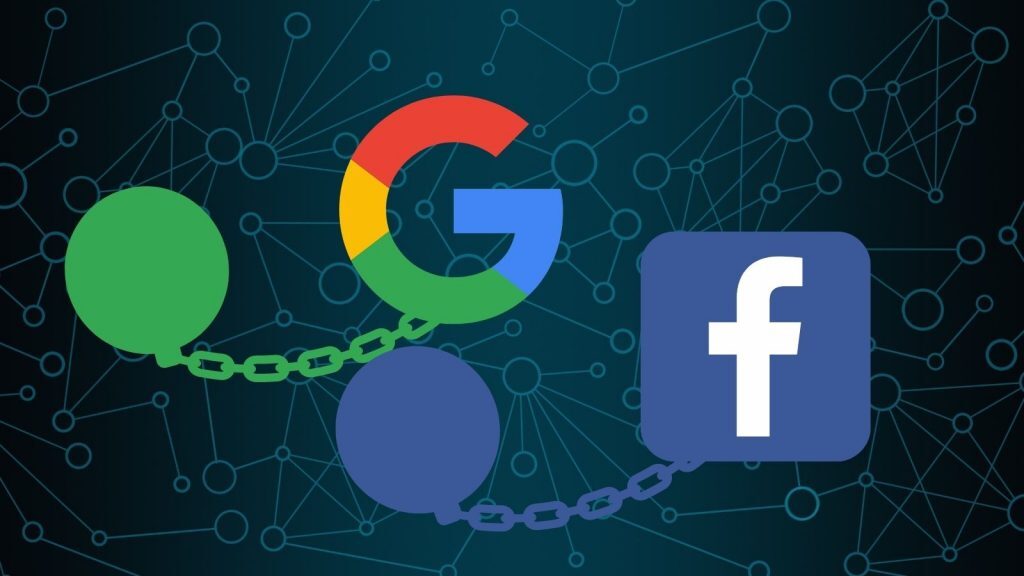

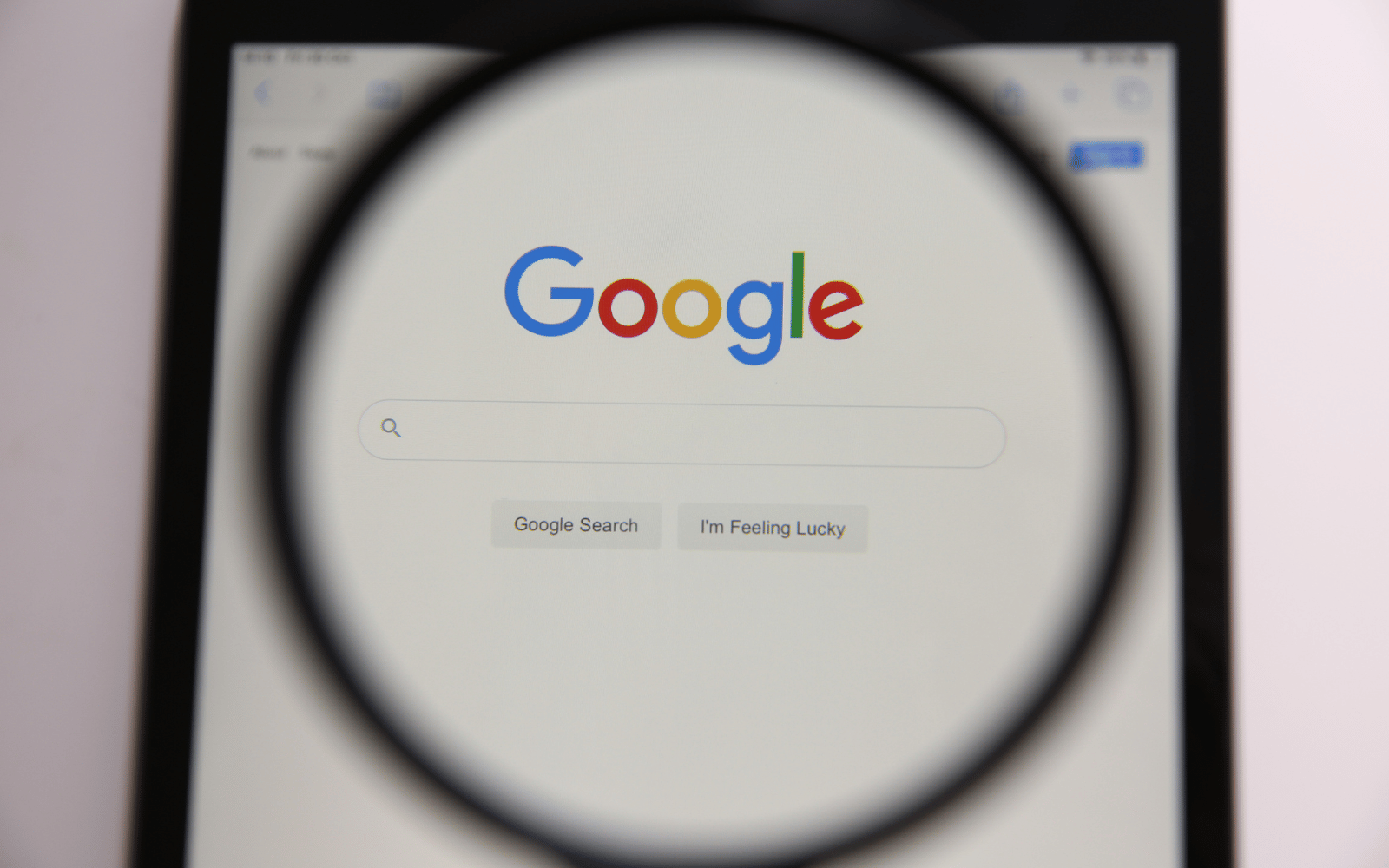
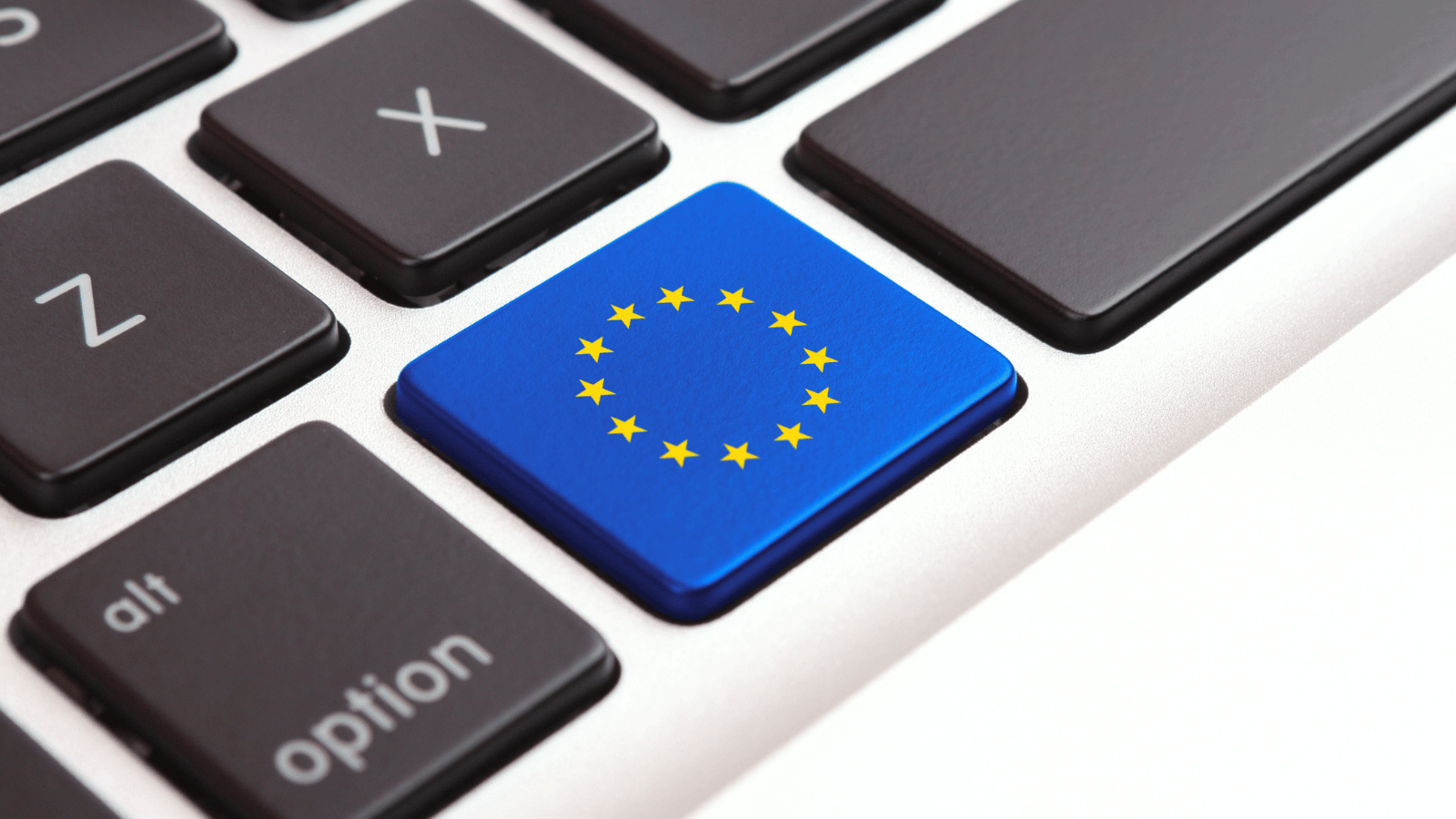
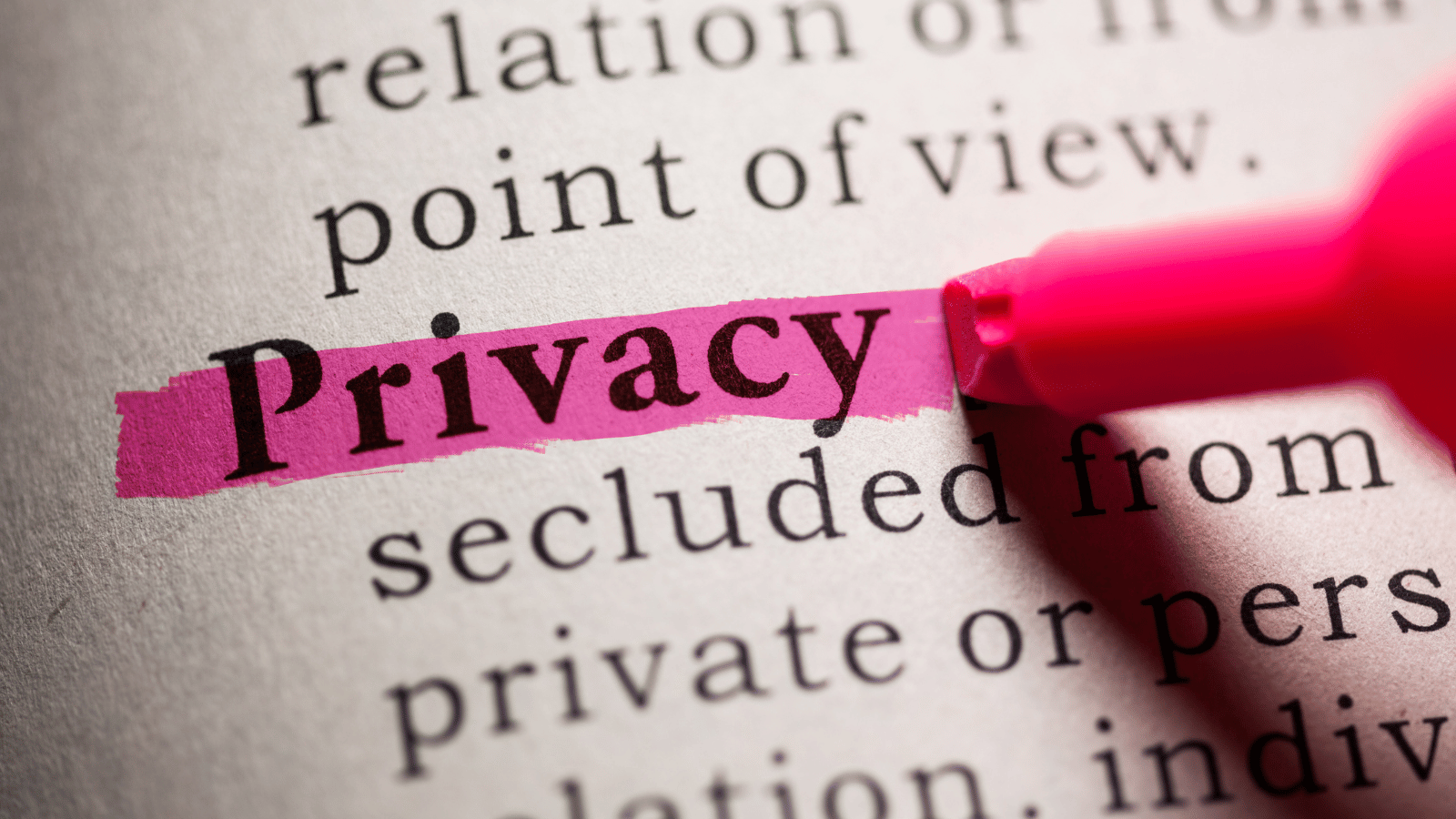
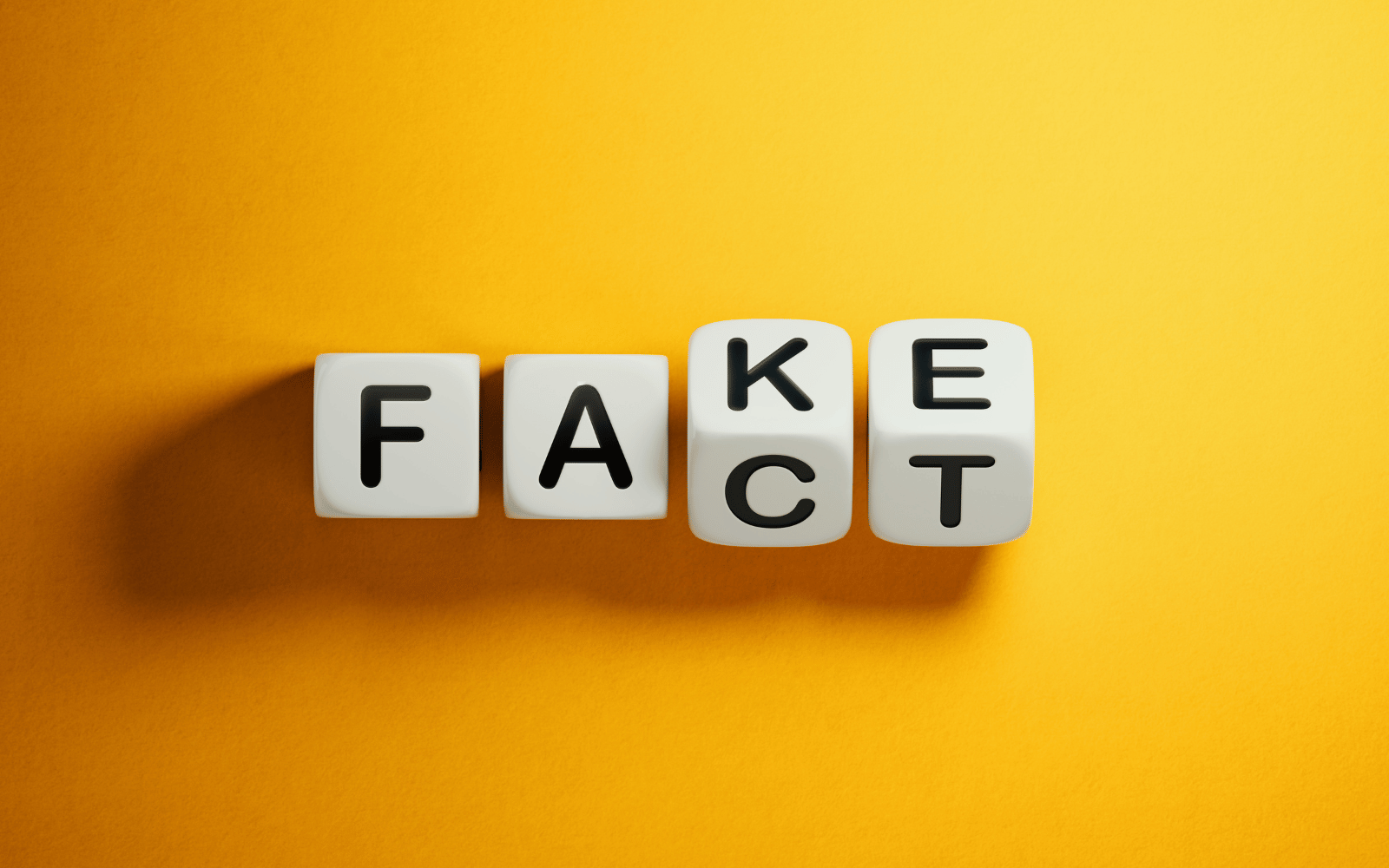




1 Comment
@toby: what a horror show, a terrifying cost to humanity. Paling into insignificance vs the humanitarian cost, is possibly chapter 2: The Financial Cost to Advertisers across the whole online ad ecosystem, whether via the egregious sm platforms, or through other private / public programmatic exchanges and how no-one, not 1 leadership body, not 1 key respected, large media group; not 1 mega agency group has stood up to protect it’s brands
How all advertisers have been lied to for years, being told that fraud and other budget eating nefarious activity is minimal, between 1%-1.5% of budgets (because that’s all the legacy analytics vendors could catch)
This figure has as of Dec 23 been revised upward in a ‘tell it all’ – well, tell as much as they can ‘see’, which is still not the known extent – media release from the US’s Association of National Advertisers, proclaiming that in the programmatic space, at best, $0.36c of each $ invested could go to a human view! Juniper Research estimates +$90 billion lost in 2023! Forecast $170 billion at the close of 2028.
Fraud is a lot more than just ‘bots’ (fake traffic), and that other fraudulent apps and sites account for significant %s of stolen money.
This whole issue is arguably worse than ‘diesel-gate’ ever was, and sure as hell rivals it in extent of its deception.
As an ex agency and corporate based marketer, and now being involved in this mess, I will just not be surprised when the CMOs shout about not being taken seriously
Looking ahead, at least advertisers now have access to new-era analytics tools which put the legacy stuff to shame.